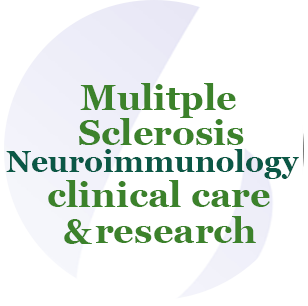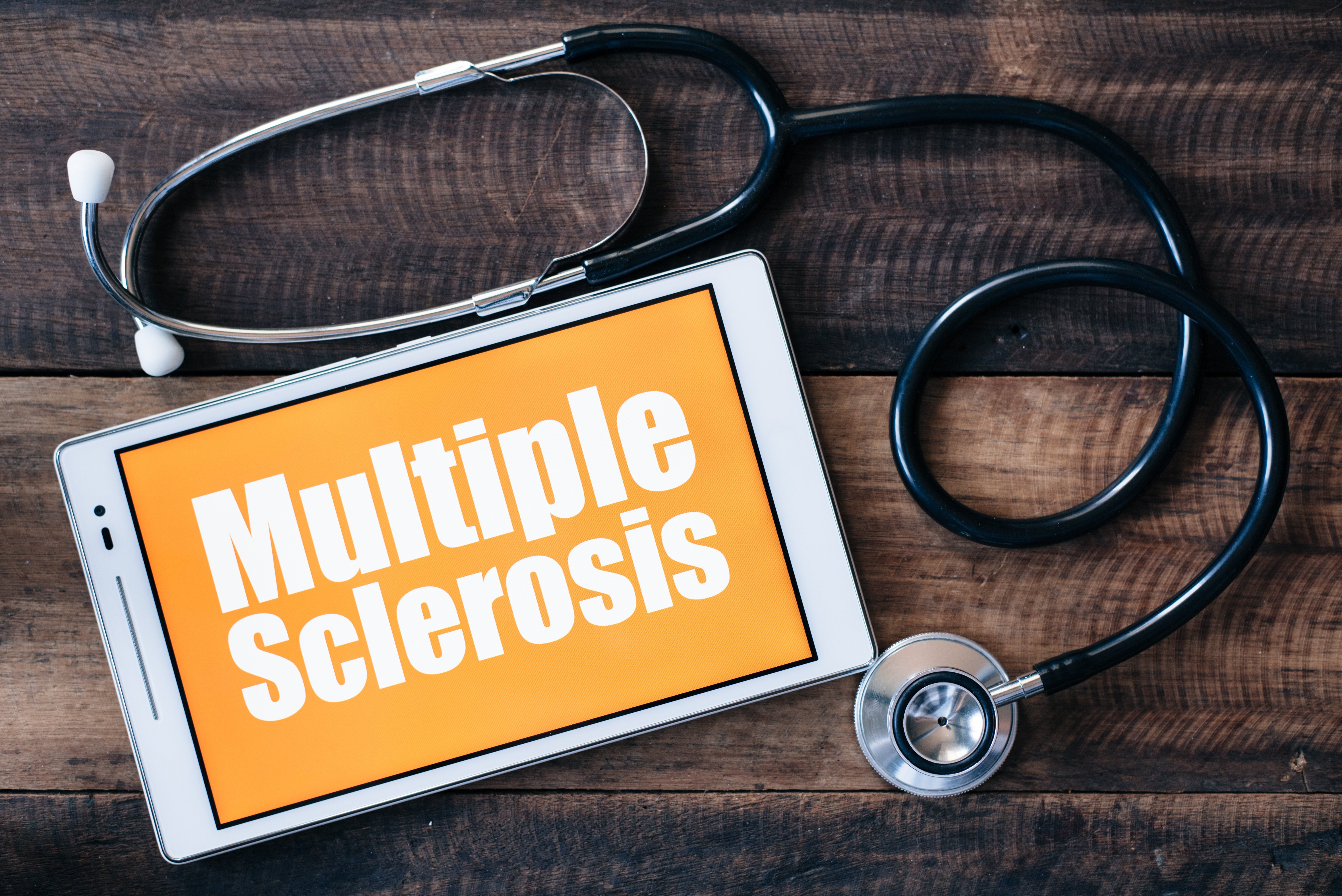 Our reputable Neuroimmunology Multiple Sclerosis Center provides comprehensive patient care from our faculty physicians and researchers and a specialized fellowship program for practicing physicians who seek clinical and research experience designed to increase our patient's quality of life.
Our reputable Neuroimmunology Multiple Sclerosis Center provides comprehensive patient care from our faculty physicians and researchers and a specialized fellowship program for practicing physicians who seek clinical and research experience designed to increase our patient's quality of life.
Our neuroimmunology research laboratories study the basic science of neuro-immune diseases to develop translational outcomes in laboratory research and investigative clinical trials.
Click here to learn about the history and focus of the Neuroimmunology and MS Division at UMass Chan.

| Research | Specialty Care | Education |
 |
 |

Carolina Ionete, MD, PhD
Professor, Department of Neurology
Academic Profile
Physician Profile